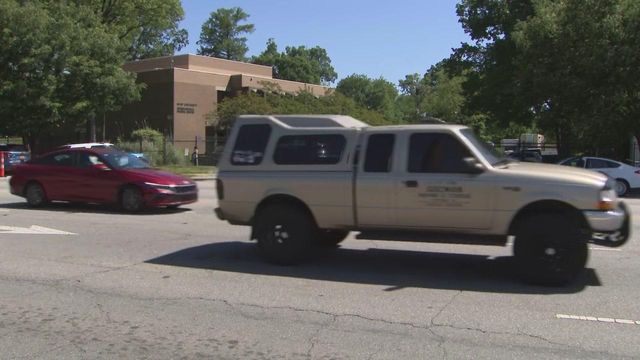Justices to Hear First Amendment-Related Case Involving the NRA

WASHINGTON — The question in the social media case the Supreme Court heard Monday is in one sense about government power over the internet. But at bottom it is about something more fundamental: striking the right balance between government advocacy for its policies, which is permissible, and coercion backed by threats of punishment, which is not.
The justices will return to that tension in Monday’s second argument, over whether a state official in New York violated the First Amendment by encouraging companies to stop doing business with the National Rifle Association after the 2018 school shooting in Parkland, Florida.
That question is at a general level the same as the one in the social media case, and its answer will also involve finding the constitutional line between persuasion and coercion.
The second case, National Rifle Association v. Vullo, No. 22-842, concerns the activities of Maria Vullo, a former superintendent of the New York state Department of Financial Services. After the Parkland shooting, Vullo said banks and insurance companies should consider whether they wanted to provide services to the group.
The NRA sued, saying Vullo’s efforts leveraged government power in a way that violated the First Amendment.
A unanimous three-judge panel of the 2nd U.S. Circuit Court of Appeals in New York ruled against the NRA. Judge Denny Chin, writing for the panel, acknowledged that government officials may not “use their regulatory powers to coerce individuals or entities into refraining from protected speech.
“At the same time, however,” he wrote, “government officials have a right — indeed, a duty — to address issues of public concern.”
Vullo’s actions were on the right side of the constitutional line, Chin wrote. Key documents, he said, “were written in an evenhanded, nonthreatening tone and employed words intended to persuade rather than intimidate.”
In its petition seeking Supreme Court review, the NRA said the appeals court’s ruling could have sweeping consequences.
“The Second Circuit’s opinion below gives state officials free rein to financially blacklist their political opponents — from gun-rights groups to abortion-rights groups to environmentalist groups and beyond,” the petition said.
One sign that the NRA has a plausible First Amendment argument: It is represented by the American Civil Liberties Union. David Cole, the ACLU’s national legal director, will argue the case on behalf of the gun rights group.
“In this hyperpolarized environment, where few are willing to cross the aisle on anything,” Cole said, “the fact that the ACLU is defending the NRA here only underscores the importance of the free-speech principle at stake.”
This article originally appeared in The New York Times.









